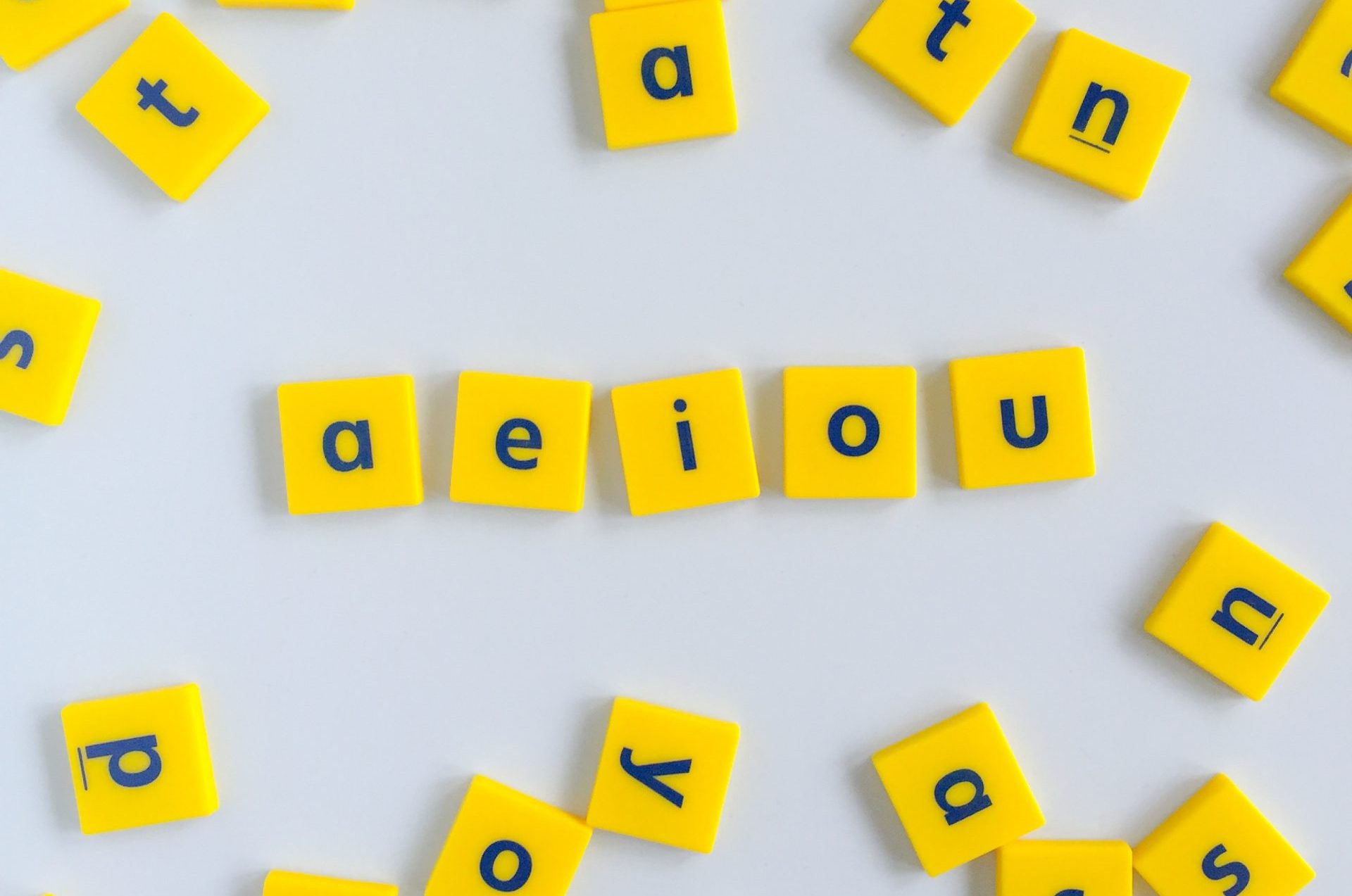
You may be familiar with Past Participles in English, but do you know how they’re used in French? If not, find out in our simple guide below – we’ve laid out all the rules you need to know in a super understandable way.
Ready to discover everything you need to know about the Past Participle in French? Let’s do it!
Past Participle In French
| Regular Verbs | ||
| -er verbs | -ir verbs | -re verbs |
| Past participle ending: -é | Past participle ending: -i | Past participle ending: -u |
| Example: travailler -> travaillé (to work) | Example: avertir -> averti (to warn) | Example: attendre -> attendu (to wait) |
Unfortunately, you can’t escape from the infamous irregular verbs in the past participle either.
| Irregular Verbs | |||
| -ir verbs | -re verbs | -oir verbs | Other Examples |
| couvrir (to cover) -> couvert (covered)
souffrir (to suffer) -> souffert (suffered) |
comprendre (to understand) ->compris (understood)
prendre (to take) -> pris (took) |
pouvoir (to be able to) -> pu (was able to)
vouloir (to want) -> voulu (wanted) |
être (to be) -> été (was)
devoir (to have to) -> dû (had to) |
Irregular verbs are tricky and can be confusing, so we’ve only picked a handful of them to feature in the table above. Remember, when memorising how irregular verbs are conjugated it’s always best to start small.
But what really is the purpose of the past participle?
The Passive Voice
As a reminder – a sentence has two components: a subject and an object. In the active voice, the subject acts on the object. In the passive voice, it’s the opposite: the subject receives the action. In French, the past participle is used to express the passive voice.
The structure usually look like this: conjugated verb être (to be) + past participle
Example:
Mon père est aimé par mes frères (My father is loved by my brothers) -> Here, the subject (the father) receives the action (being loved).
Remember to always make sure that the gender and number agree with the subject when using the auxiliary verb être.
The video below is a great way to learn more about Past Participle agreement
Adjectives
Another instance when past participles are accompanied by être is when adjectives are concerned. Keep in mind that the gender and number of the past participle have to agree with the noun. In the example below, the noun in question is the personal pronoun ” elle “.
Example:
Pourquoi est-elle fâchée ? (Why is she angry?)
Compound Tenses
Tenses and moods are major components in sentences, and they can either be simple or compound. While simple tenses revolve around single verb conjugation, compound tenses are slightly more complicated.
Compound tenses are usually made up in the following way: auxiliary verb (être/avoir) + past participle
-
Passé Antérieur (Past Anterior)
In this compound tense, the auxiliary verbs are conjugated in the passé simple. It’s generally used to imply the anteriority of an action.
Example:
Quand elle fut allée sur son balcon, elle trébucha (When she went to her balcony, she tripped).
-
Futur Antérieur (Future Anterior)
Similarly, the auxiliary verbs are conjugated in the future simple. This tense is used when talking about an event that hasn’t taken place yet, but which will definitely take place before a different event.
Example:
Nous pourrons aller au magasin lorsque ma soeur sera rentrée (We’ll be able to go to the shops once my sister returns)
-
Passé Composé (Compound Past)
One of the easiest compound tenses to form, the passé composé is comprised of auxiliaries conjugated in the present tense and of course, a past participle. You can use this tense to talk about actions which are currently happening, incomplete or finished but in the past.
Example:
J’ai regardé une pièce de théâtre (I watched a play in the theatre)
-
Plus-que-parfait (Pluperfect)
The last tense in which past participles are used is the plus-que-parfait. This time, the auxiliary verbs are conjugated in the imperfect tense. Similar to the tenses we’ve just seen, the plus-que-parfait is used to depict an action that happened before another (which isn’t always mentioned or stated).
Example:
J’avais fait une promenade [avant d’aller prendre une douche]. (I went on a walk [before taking a shower])
And that brings our chapter on Past Participles in French to an end!
Why not try our quiz below to put what you’ve learnt today to the test?
See you next lesson – and in the meantime, don’t forget to practice! If you need any help don’t hesitate to get into contact with one of our online French Tutors.
Quiz: Test your knowledge of French Past Participle!



